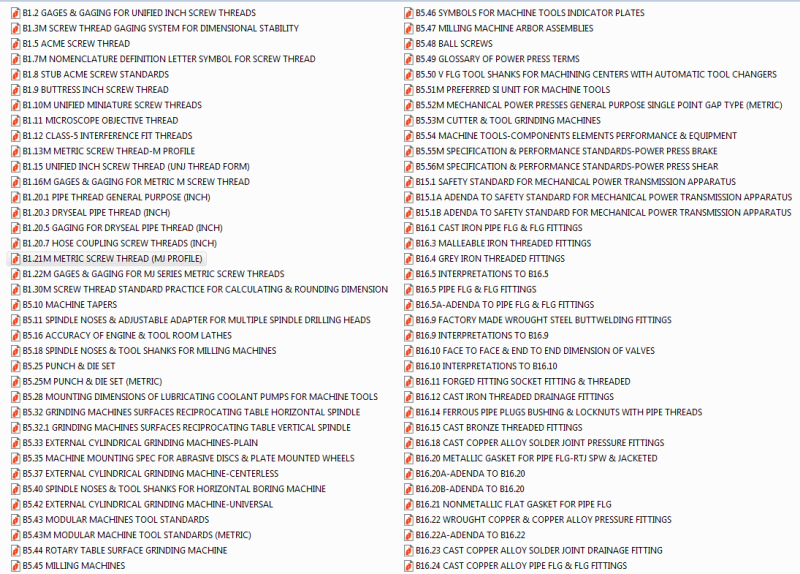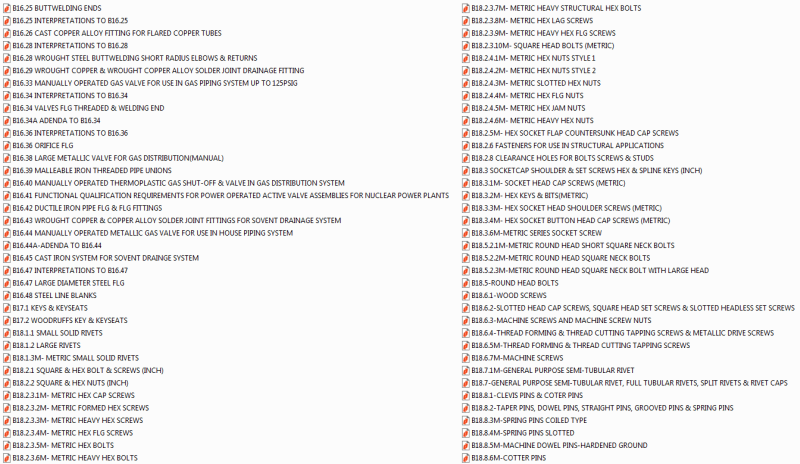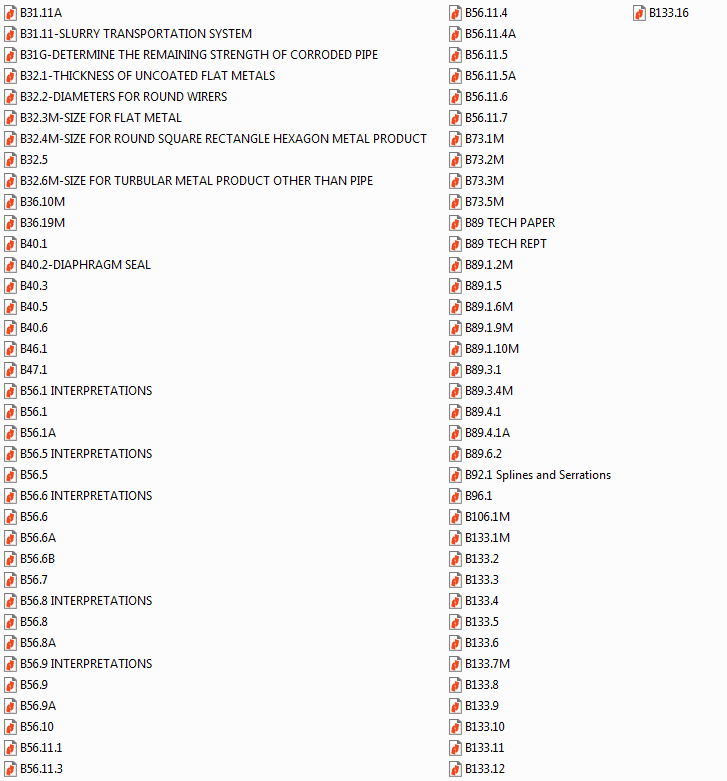Navigation
Install the app
How to install the app on iOS
Follow along with the video below to see how to install our site as a web app on your home screen.
Note: This feature may not be available in some browsers.
More options
You are using an out of date browser. It may not display this or other websites correctly.
You should upgrade or use an alternative browser.
You should upgrade or use an alternative browser.
procedure for Cutting, welding and purging of hydrocarbon pipe
- Thread starter mjsamman
- Start date
- Status
- Not open for further replies.
BEMPE16524
Mechanical




probably in process piping B31.3 ASME/ANSI
also you should post to correct forum here: [link]https://www.eng-tips.com/threadminder.cfm?pid=378[/url]
farrellnoid
Mechanical
I would suggest you to scope out your pipeline first.
a simple reference case using ASME standards is this:
a simple reference case using ASME standards is this:
LittleInch
Petroleum
I'm not sure why your previous post on the same subject doesn't still apply.
These are operational procedures or method statements and procedures issued by operations or the contractor.
hot work needs to follow the hot work procedure and permits applicable to your site, enforced by the owner / operator.
It would help if you decided which main design and installation code you wish to follow ( usually one of the ASME B31 series), but could be many others depending on your location and jurisdiction.
Before cutting or welding you need to remove and purge the pipe of hydrocarbons or any material which can cause you harm. Then check and monitor during the work.
Remember - More details = better answers
Also: If you get a response it's polite to respond to it.
These are operational procedures or method statements and procedures issued by operations or the contractor.
hot work needs to follow the hot work procedure and permits applicable to your site, enforced by the owner / operator.
It would help if you decided which main design and installation code you wish to follow ( usually one of the ASME B31 series), but could be many others depending on your location and jurisdiction.
Before cutting or welding you need to remove and purge the pipe of hydrocarbons or any material which can cause you harm. Then check and monitor during the work.
Remember - More details = better answers
Also: If you get a response it's polite to respond to it.
My research on a project somewhat similar in scope but in my case it was the removal of an empty gasoline tank that require some flame cutting operation; I came across an older NFPA code that listed several gases to inert the tank. One method the NFPA stated was to use the exhaust fumes from an internal combustion engine which may no longer be recommended. Nonetheless research the NFPA codes as I don't remember the code number as a starting point.
- Status
- Not open for further replies.
Similar threads
- Locked
- Question
- Replies
- 2
- Views
- 5
- Locked
- Question
- Replies
- 4
- Views
- 18
- Question
- Replies
- 8
- Views
- 68
- Question
- Replies
- 3
- Views
- 14
